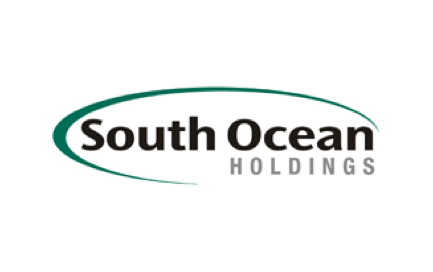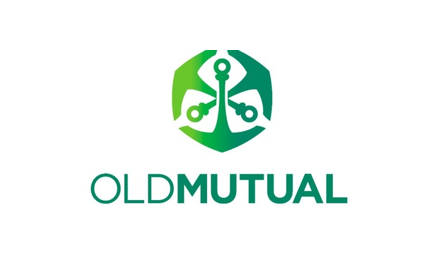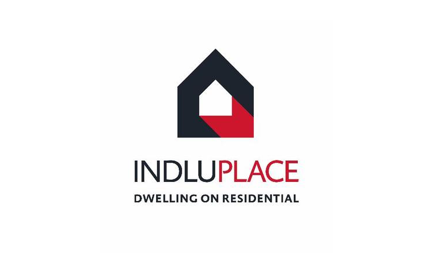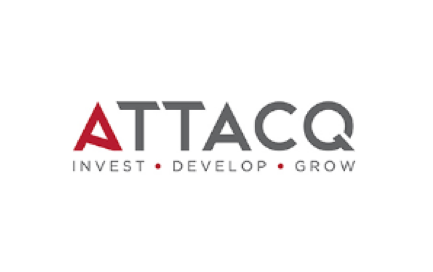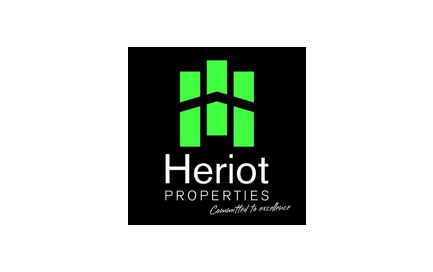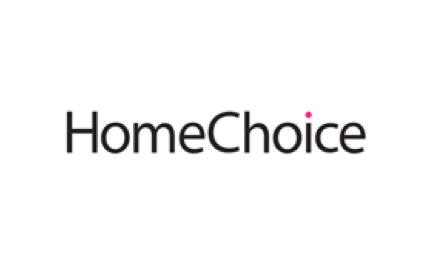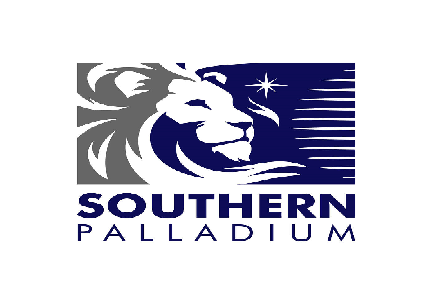Attacq declares an interim dividend of 29 cents (JSE: ATT)
2023 has been kind to Attacq shareholders thus far
With a year-to-date jump of 15% in the share price thanks to an exciting strategic investment in Waterfall City by the Government Employees Pension Fund, Attacq shareholders are having a great time in 2023. The interim dividend is also back in action, coming in at 29 cents per share based on distributable income per share of 35.9 cents.
There’s more to Attacq than just Waterfall City, which contributed 21 cents per share of distributable income. 10.6 cents per share is from other South African properties and 4.3 cents comes from other investments.
Like-for-like rental income increased by 7.2%, with Mall of Africa posting a strong increase. Property expenses were up by 14.8% on a like-for-like basis, so load shedding and other costs are clearly visible here. The cost-to-income ratio is much higher across the portfolio than it was a year ago, so the share price growth has been mainly driven by the GEPF deal.
Valuations of completed properties didn’t move much over the six months between June and December 2022, with Waterfall City up 0.9% and the total investment property portfolio down 0.1%.
After paying the full year dividend in October 2022, the gearing ratio increased from 37.2% at the end of June 2022 to 38.0% at the end of December.
Despite the obvious economic pressures, the full year distributable income per share guidance of between 8% and 10% growth is unchanged, as is the 80% payout ratio.
Heriot’s distribution per share inches forwards (JSE: HET)
Although NAV per share is up by 14%, the distribution per share is 3.2% higher
In the six months to December, Heriot’s property portfolio enjoyed lower vacancies and grew net operating income by 11.1%. This benefit was sadly kicked to touch by higher financing costs, reducing distributable earnings growth to 3.2%.
The balance sheet is strong enough that the entire distributable earnings per share number of 52.04 cents could be declared as a dividend. This means a 3.2% increase in the dividend, with growth in the net asset value per share of 14% perhaps giving a better indication of the true underlying performance in the portfolio.
HomeChoice posts a substantial jump in HEPS (JSE: HIL)
The FinTech and digital businesses are growing quickly
In the year ended December 2022, HomeChoice’s revenue increased by 6.5% and operating profit jumped by a gigantic 83.3%. When you see numbers like this, you always need to check where there were major acquisitions. Indeed, the results of PayJustNow were included with effect from 1 March 2021, so they are fully in the 2022 financial year and only partially in the base.
Still, the FinTech business is where the action is, with the Weaver business posting revenue growth of 31.1% and HomeChoice Retail dropping by 5.0%. If you’re looking for really high growth rates, PayJustNow’s gross merchant value increased by 260% to R0.7 billion as the digital payments gathered momentum.
It’s all about cross-selling, with the Weaver customer database doubling during 2022 to 940,500 customers. Weaver holds the FinChoice business (lending / insurance / value-added services) and PayJustNow (buy now, pay later).
Even the retail business looks better, posting operating profit of R78 million in 2022 after an operating loss of R43 million in 2021. Admittedly, there was R114 million in once-off costs in the base, linked to the recovery plan.
With HEPS up by 41.8% and the total dividend for the year increasing from 67 cents to 141 cents, this was a strong performance by the group.
A bolt from the blue for Indluplace (JSE: ILU)
SA Corporate Real Estate (JSE: SAC) wants to take Indluplace private
As soon as you see a transaction structured as a scheme of arrangement, you know that the parties are in agreement about what needs to happen going forward. This is because the board of the target proposes the scheme to shareholders, which means it endorses the offer.
With a cash price of R3.40 on the table from SA Corporate Real Estate, Indluplace’s shareholders have the ability to get out at a nifty premium to the current price of R2.90. The offer is a 12.8% premium to the 30-day volume-weighted average price, which is a modest premium that I’m not too surprised to see for such an illiquid stock. The fact that shareholders can get out of this thing is already valuable, as trading out of Indluplace is almost impossible for large shareholders.
Indluplace has very little liquidity and the primary shareholder, Fairvest Limited, doesn’t see its stake as core to the strategy. Conversely, SA Corporate sees the Indluplace portfolio as being complementary to its existing residential portfolio. Assuming the deal goes ahead, SA Corporate would have a residential property portfolio of over 19,260 units with a value of R7.9 billion.
For reference, around 9,190 of those units would be from the Indluplace deal, so this would nearly double the size of the existing SA Corporate residential portfolio.
Critically, two shareholders with a total of 63.5% in Indluplace have provided irrevocable undertakings of support to SA Corporate. One of the shareholders is Fairvest. The scheme needs 75% approval, but this gets it a long way down the road.
This is a category 2 transaction for SA Corporate, so its shareholders won’t need to vote.
Labat Africa: read carefully (JSE: LAB)
The “seed to sales” strategy has improved profitability but break-even is a long way off
Labat remains an extremely small listed company. Interim revenue was just R24.1 million, which is less than the food court at your local mall generates over six months. Gross profit was just R5.9 million.
Before getting excited about an improvement in the operating loss from R24.9 million to just R0.3 million, you need to take note of the R14.4 million in other income. R5.3 million is attributable to growth in the value of biological assets and R7.3 million is an adjustment on the acquisition of Sweetwaters Aquaponics.
In other words, I would ignore the R14.4 million. The group is making smaller losses, but is definitely still loss-making.
Old Mutual grows HEPS by 10% (JSE: OMU)
Despite the HEPS growth though, the dividend was flat in FY22
Old Mutual talks about “regaining” market share, which tells you that the company lost its way. There seems to be some improvement in this regard, driving growth in earnings in 2022.
Sales are up and the value of new business increased by 16% as management took deliberate action in the second half of the year to write more higher margin risk business. The value of new business margin of 2.2% is within the medium-term target range of 2% to 3%.
Surprisingly, one of the drivers of a 9% decline in gross flows was a drop in demand for offshore investments. I know that global markets had a tough time in 2022, but I worry about South Africans not diversifying their wealth geographically.
Old Mutual investors will keep an eye on net client cash flow, which was negative in this period due to lower gross flows and large disinvestments and terminations in the business. Funds under management of R1.2 trillion fell by 4% for the year as markets dropped.
Return on net asset value is only 11.1%, so there’s still a long way to go here for this lumbering (or perhaps slumbering) giant.
Although the dividend was flat for the year, the group notes that excluding the Nedbank deal from the prior year would unveil dividend growth of 13% for the year, so the payout ratio hasn’t moved much.
Little bites:
- Southern Palladium (JSE: SDL) released its interim report for the period ended December. As the company is firmly in drilling mode, there is obviously a significant operating loss (in this case $3.8 million).
- In a good example of how the macroeconomic picture impacts the banks, Standard & Poor’s revised the outlook for five South African banks from positive to stable. This means that the credit rating is maintained, but the rating agency no longer thinks that it might improve from here unless things change.
- Highly illiquid company South Ocean Holdings (JSE: SOH) has released a trading statement for the year ended December that reflects a drop in HEPS of 40% to 21.96 cents. The share price is R1.20.
- The urgent application by a shareholder for the liquidation of Afristrat (JSE: ATI) has been set down for hearing in the North Gauteng High Court on 8 and 9 June. The stock is suspended from trading and I can’t even find a website.




